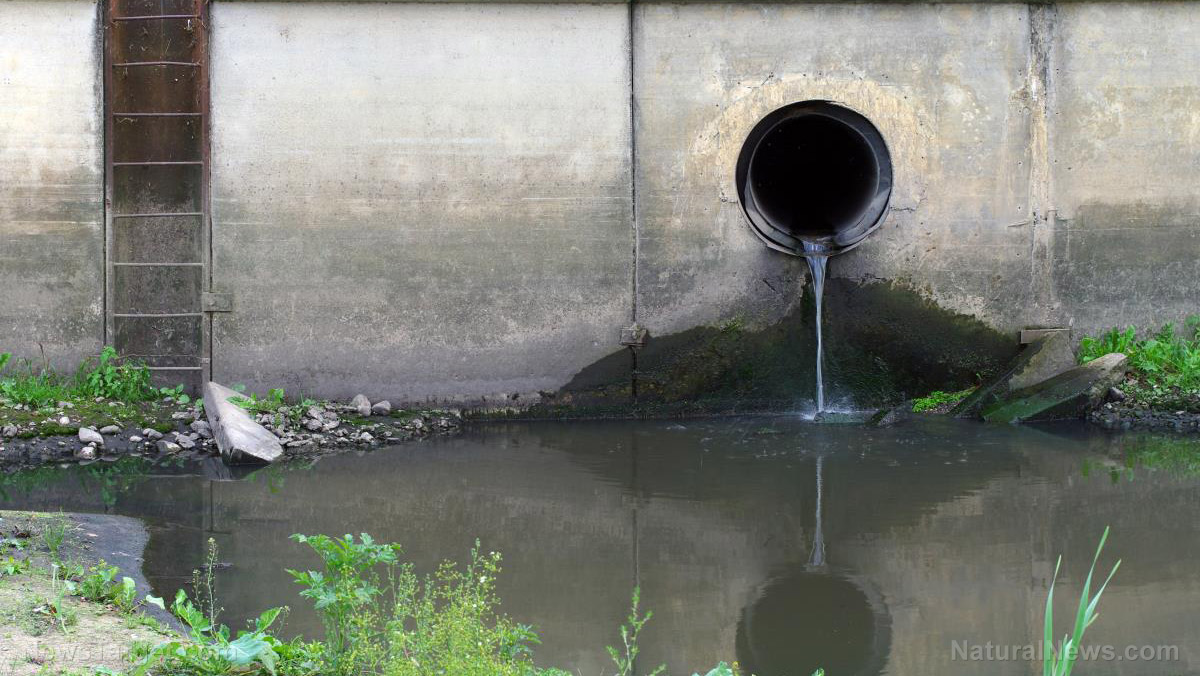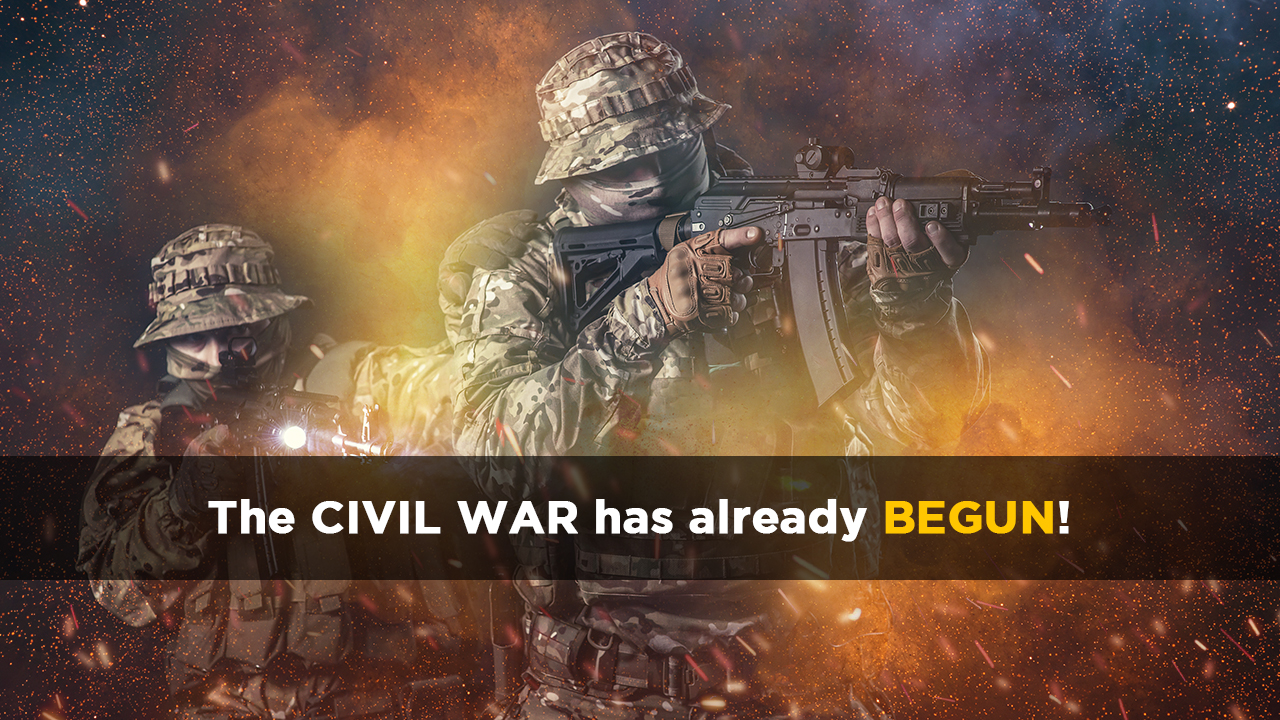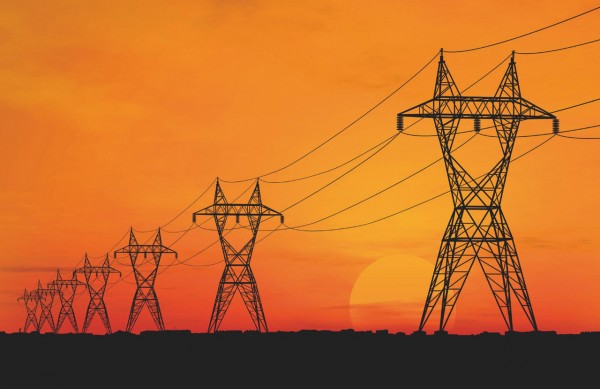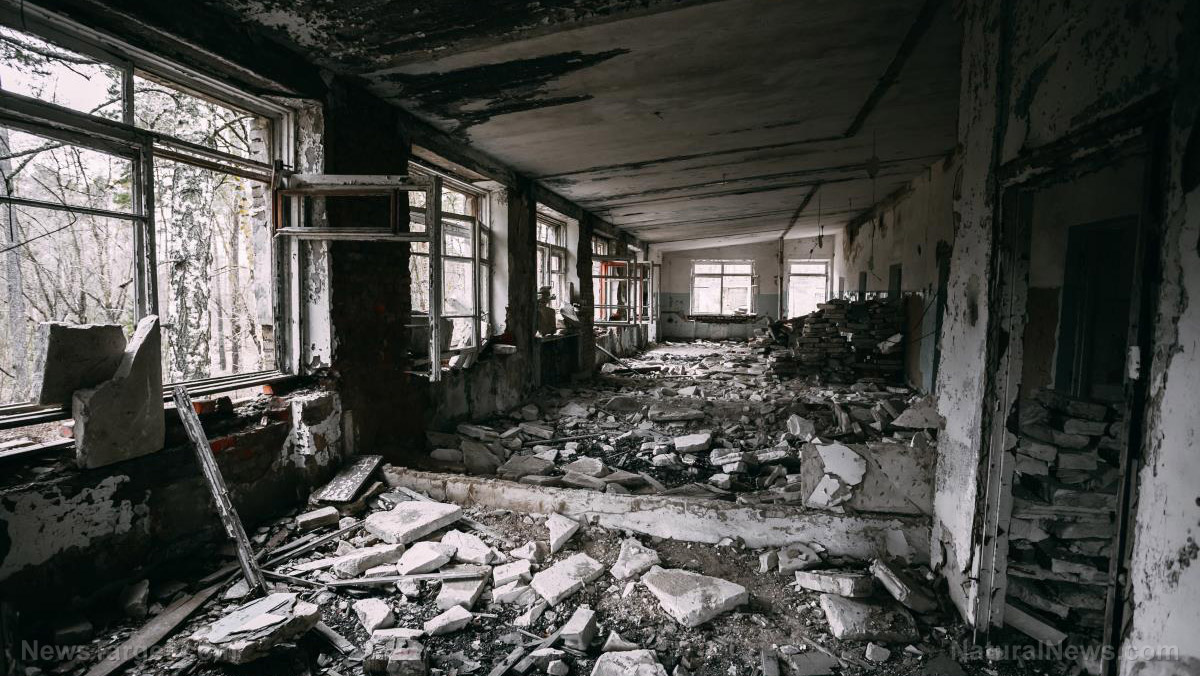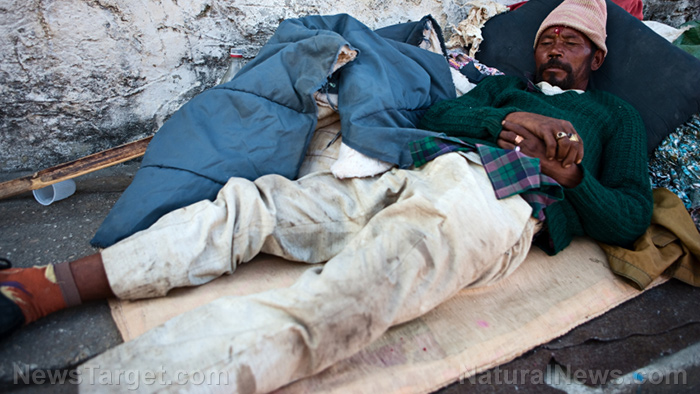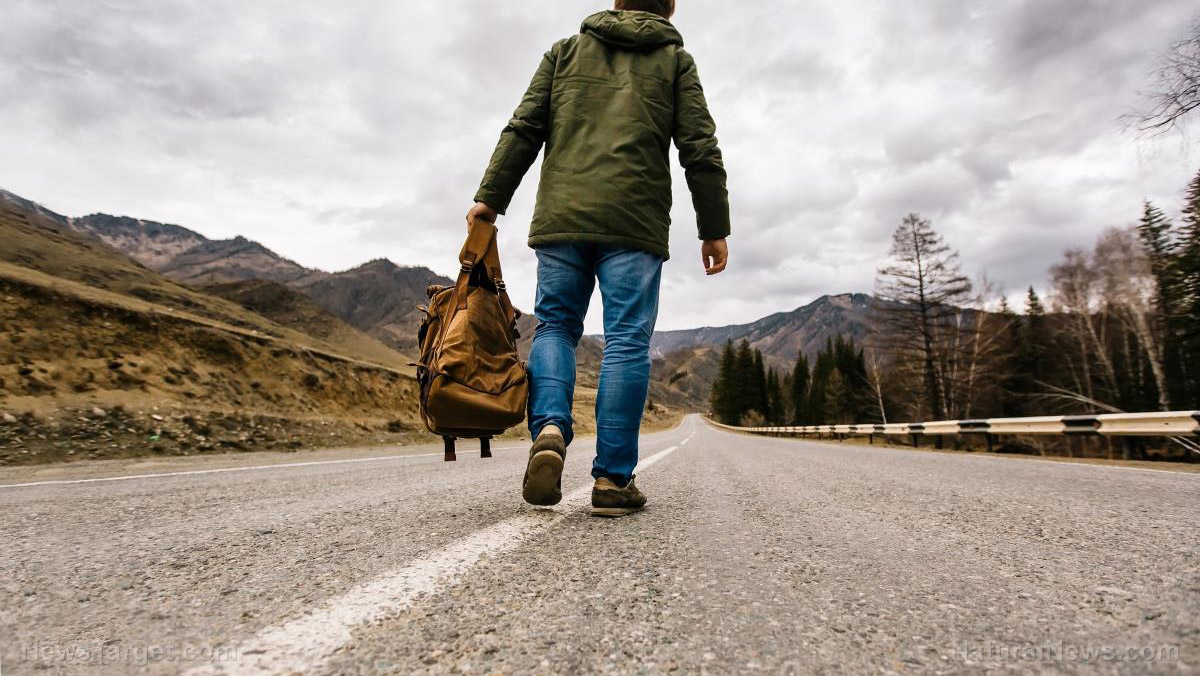When SHTF, should you join a prepper group? 4 Problems you may encounter if you team up with other preppers
10/26/2019 / By Arsenio Toledo

Prepper and survivalist groups are great to meet and be a part of due to the amount of knowledge you can learn from them, as well as the fact that your chances of surviving post-SHTF will improve drastically if you’re not alone. However, a lot of things can also go wrong with teaming up. Here are four reasons why joining a group of like-minded preppers and survivalists may not be as fun as you think. (h/t to BackdoorSurvival.com)
You lose some of your privacy
Being part of a group means you may need to be open when it comes to the finer details of your life. This doesn’t just mean your personal history, but also your prepping. You’ll be expected to contribute not just your skills but your knowledge on different matters, some of which you may consider your trade secrets – such as a personal survival recipe or the location of an ammo cache you might have squirreled away.
You may have to be open about some things that can be construed as intrusive and, similarly, you may have to ask several questions from potential members of your group as well. Questions like possible health conditions to look out for, such as mental health concerns, allergies, or necessary special diets, as well as financial and criminal background. If you were convicted of murder, your group has a right to know the details.
Your members are scattered
If you’ve met a group of like-minded preppers online, there’s a chance many of you don’t live within walking distance of each other. Meeting up and forming a group will be dangerous and if you or another member of your group isn’t at the peak of physical fitness or has a disability, it’s going to be even more difficult.
Sponsored solution from the Health Ranger Store: Lab-verified Nascent Iodine solution is a dietary supplement that provides your body with supplemental iodine to help protect your thyroid during radiation exposure. Nuclear accidents such as Fukushima (or nuclear war) can expose your body to radioactive iodine-131, a dangerous radioisotope. Pre-loading your system with stable iodine occupies the iodine receptor sites on your organs, causing your body to naturally expel radioactive iodine you may have been exposed to through air, food, water or milk products. This defensive strategy is recommended by nearly all health authorities, worldwide, including the Nuclear Regulatory Commission. Discover more at this link.
However, a little extra planning can help overcome this hurdle. Preparing multiple bug-out vehicles may be necessary to reach each other quickly. Learning some geography will also be important, as it will help you and your group map out routes to your bug-out location. (Related: 10 good reasons to prep even if SHTF never happens.)
Not everyone will have equal contributions
This is a reality you will have to deal with. Some people in your group may be, for example, former soldiers who can help out a lot more due to their background and experiences, while others might freeload off the work of others.
Coming together with your group and discussing these problems is the first thing that needs to be done. Understanding that some people will have limitations regarding what they can contribute will go a long way in avoiding feelings of resentment among people who may feel that they are carrying a disproportionate amount of the work. You and your group came together because you all believe you can get through emergencies better as a group, and that is still true. There are many tasks that people with relatively few specialized skills can do, such as washing laundry, tending to livestock, and cooking. Accept and appreciate the backgrounds you all came from, and delegate tasks accordingly.
Not everyone will get along
Having a group of people come together under a lot of stress will bring out personalities that won’t always mesh perfectly. When considering a certain group you would like to join, understand that after SHTF, high-pressure situations are going to be the norm for you and for the people around you. Are these people really the ones you want to be with during those moments?
If the answer is yes, then you’re good to go. If not, then you might still change your mind. Try and meet up with them and find out more about them. Their backgrounds, their skill sets, their personalities. Understand that this group of people you’re considering hitching yourself with won’t be perfect. Manage your expectations to something more realistic.
If you can accept that you and your team will have shortcomings, but still think that they would be good people to tag along with post-SHTF, then you may have just found a great survival team.
Sources include:
Tagged Under: bug out, bugging out, Collapse, disaster, emergency, personal safety, personal security, post-collapse, post-SHTF, preparedness, prepper, prepping, prepping community, prepping group, SHTF, survival, survival group, survivalist, survivalist community, survivalist group
RECENT NEWS & ARTICLES
COPYRIGHT © 2017 COLLAPSE.NEWS
All content posted on this site is protected under Free Speech. Collapse.news is not responsible for content written by contributing authors. The information on this site is provided for educational and entertainment purposes only. It is not intended as a substitute for professional advice of any kind. Collapse.news assumes no responsibility for the use or misuse of this material. All trademarks, registered trademarks and service marks mentioned on this site are the property of their respective owners.

